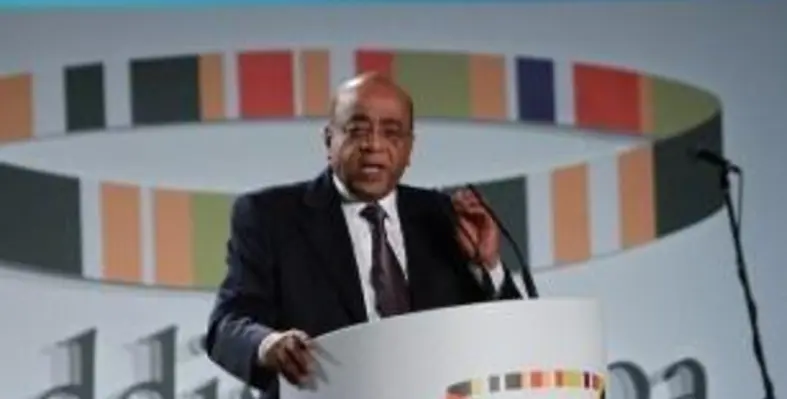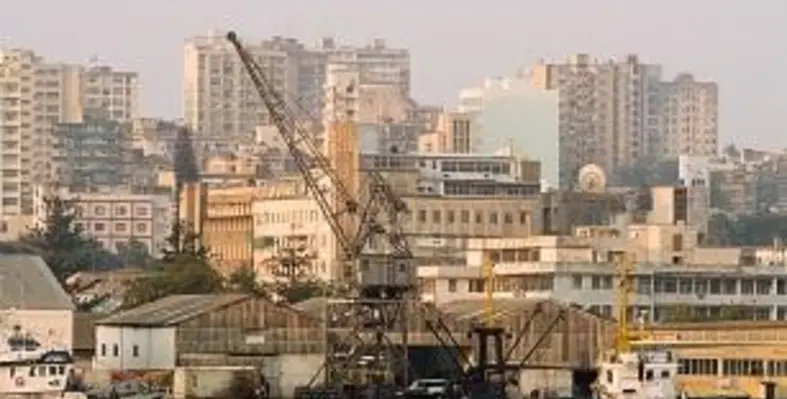Diamond Trust Bank Kenya (DTB) and Mastercard have announced their partnership to roll-out the DTB Masterpass QR app in Kenya, a mobile payment solution that will enable millions of businesses to accept fast and secure digital payments from consumers
Finance
Mo Ibrahim Foundation announces the 2017 Leadership Fellows from Liberia, Botswana and Senegal

Mo Ibrahim Foundation Leadership Ceremony, Addis Ababa in 2013. (Image source: Mo Ibrahim Foundation/Flickr)
The three Ibrahim Fellows are Robtel Neajai Pailey (Liberia) who will join the African Development Bank (AfDB), Ndapiwa Segole (Botswana) who will join UN Economic Commission for Africa (UNECA) and Oulimata Fall (Senegal) who will join International Trade Centre (ITC)
Spillovers from China’s soft landing on developing Africa
China, the world’s second-largest economy, has assisted the African region through greater inflows of bilateral aid, trade, and infrastructure spending, especially over the past two decades – thus helping to raise the continent’s potential growth and business profile in external markets
South African companies identify trade opportunities in Kenya
The delegation visited PG Bison Kenya in Nairobi, which specialises in the supply of decorative wood-based panel products such as particle boards, flooring and door skins to the construction and furniture sector
Moody's downgrades the five largest South African banks to Baa3
Moodys Investors Service has downgraded to Baa3 (negative outlook) from Baa2 (Rating Under Review outlook), the long-term local- and foreign-currency deposit ratings of the five largest South African banks: The Standard Bank of South Africa Limited, FirstRand Bank Limited, Absa Bank Limited, Nedbank Limited, and Investec Bank Ltd















